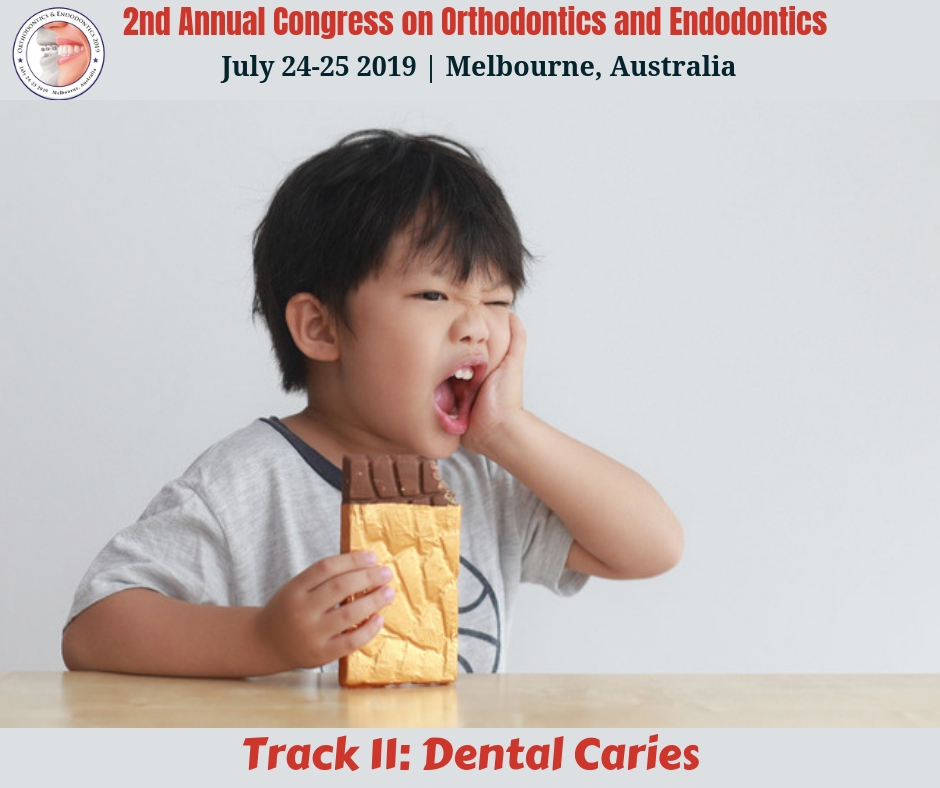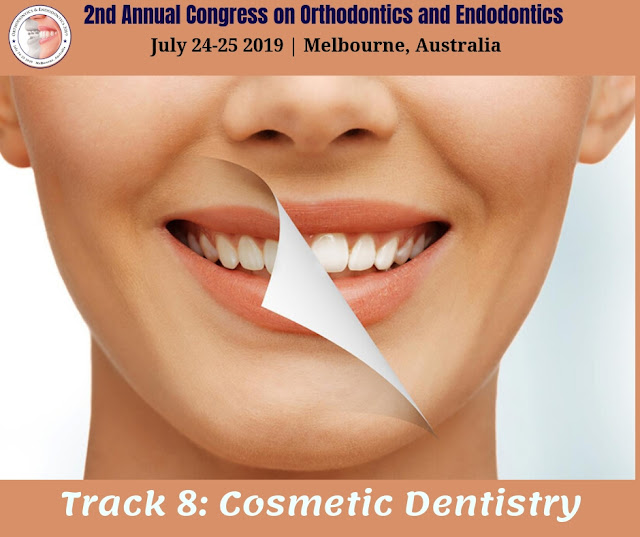Track 11: Dental Caries
Dental caries or cavities, more commonly known as tooth decay, are caused by a breakdown of the tooth enamel. This breakdown is the result of bacteria on teeth that breakdown food and produces acid that destroys tooth enamel and results in tooth decay. Water fluoridation, named by CDC as one of the ten great public health achievements of the 20th century, has been a major contributor to the decline of the rate of tooth decay. Studies have shown that water fluoridation can reduce the amount of decay in children’s teeth by 18-40%.

In addition to fluoridated water, good oral hygiene can help prevent tooth decay:
- Brush twice a day with a fluoride toothpaste
- Clean between your teeth daily with floss or an interdental cleaner
- Eat nutritious and balanced meals and limit snacking
- Visit your dentist regularly for professional cleanings and oral examination
- Check with your dentist about use of supplemental fluoride, which strengthens your teeth, and about use of dental sealants (a plastic protective coating) applied to the chewing surfaces of the back teeth to protect them from decay
Share your research on Dental Caries at our 2nd Annual Congress on Orthodontics and Endodontics to be held in Melbourne, Australia from July 24-25 2019
Submit Your Research (Click Here)Register Now (Click Here)


Dental caries is the scientific term for tooth decay or cavities. ... They produce acid that destroys the tooth's enamel and the layer under it, the dentin. Many different types of bacteria normally live in the human mouth. To take up dental courses have a look into
ReplyDeleteendodontics course in Karnataka